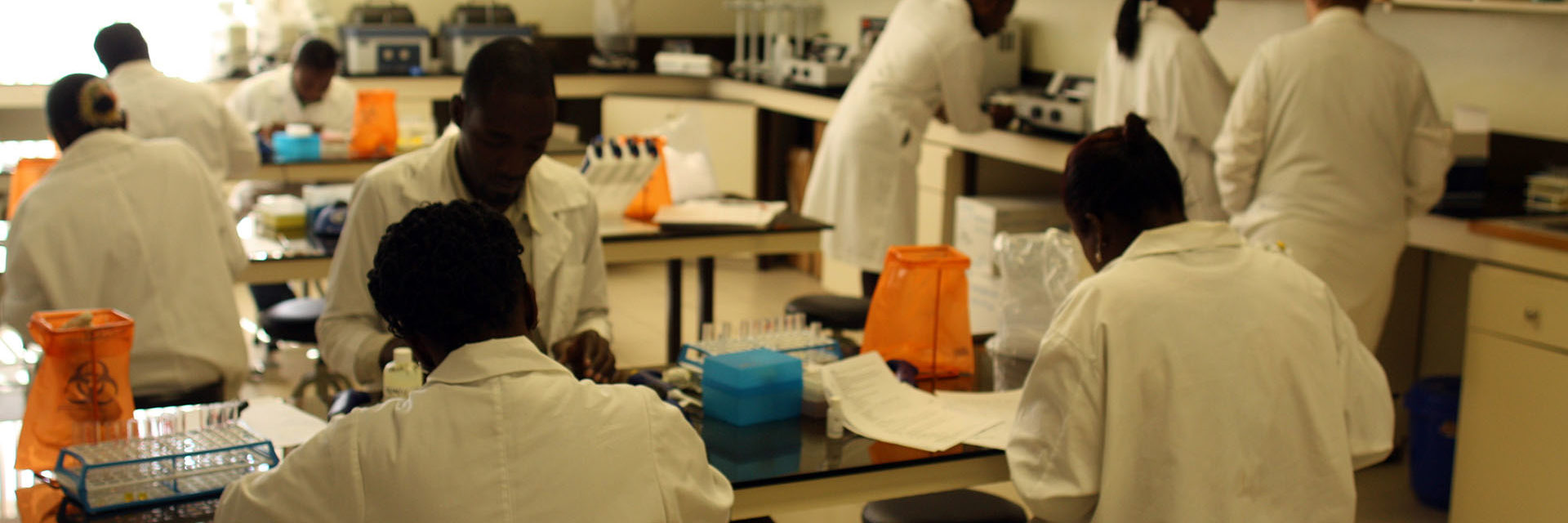The BAMS training was established with the aim of strengthening the theoretical and practical skills of senior laboratory technicians, emphasizing good laboratory practices and logistics, with a view to enhancing service quality and improving the quality of diagnosis.
Training is provided by experts in clinical biology (cellular and molecular biology, immunology, parasitology, bacteriology, epidemiology, virology, hematology and pharmacology). Besides biomedical analysis techniques, the course participants deepen their understanding of good laboratory practices, quality control, biosecurity and the logistics of managing a laboratory.
BAMS Mali
The degree program BAMS Mali, created in 2007, trains biology laboratory technicians from several West African countries, such as Benin, Burkina Faso, Guinea, Mali, Niger, Senegal and Togo.
In 10 years, the BAMS Mali degree program has benefited to more than 200 West African laboratory technicians
| Year | Number of trained technicians |
|---|---|
| 2016 | 24 |
| 2015 | 24 |
| 2014 | 28 |
| 2013 | 28 |
| 2012 | 28 |
| 2011 | 16 |
| 2010 | 16 |
| 2009 | 16 |
| 2008 | 14 |
| 2007 | 14 |
Start in the academic year in 2018, BAMS Mali will be officially transformed into a Master’s degree at the Bamako University of Science, Techniques and Technologies.
BAMS Haiti
Following the success of training created and developed in Mali, the Mérieux Foundation established in 2011 a BAMS degree program for Haitian laboratory technicians.
BAMS Haiti trains around 20 Haitian technicians
| Year | Number of trained technicians |
|---|---|
| 2016 | 20 |
| 2015 | 20 |
| 2014 | 18 |
| 2013 | 18 |
| 2012 | 18 |
| 2011 | 18 |
Download admissions list 2017-2018 (in French)
Bachelor of Medical Biology
As part of a partnership between the State University of Haiti and the BAMS partners, it was decided to integrate the training program into the SUH Bachelor of Medical Biology as a fourth year of the course.
Partners
The BAMS course is delivered in partnership with the School of Biology, Biochemistry and Biotechnology (ESTBB) of the Catholic University of Lyon, responsible for the pedagogical part of the training.
The local partners of BAMS are the National Laboratory of Public Health in Haiti and the Charles Mérieux Center for Infectious Disease in Mali. The BAMS Haiti and Mali also receive financial support from Fondation Christophe et Rodolphe Mérieux, and from the RESAOLAB partners for the training in Mali.

